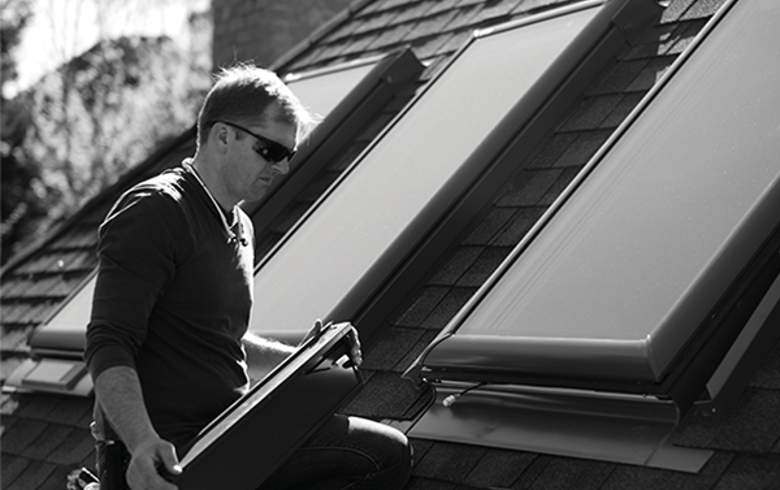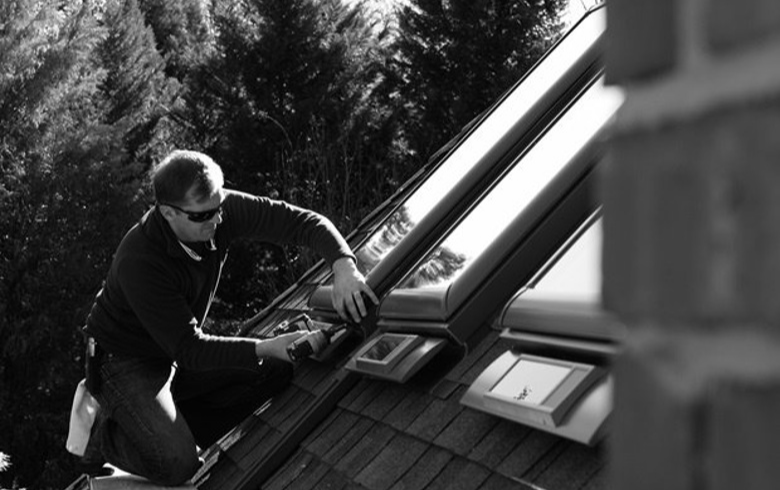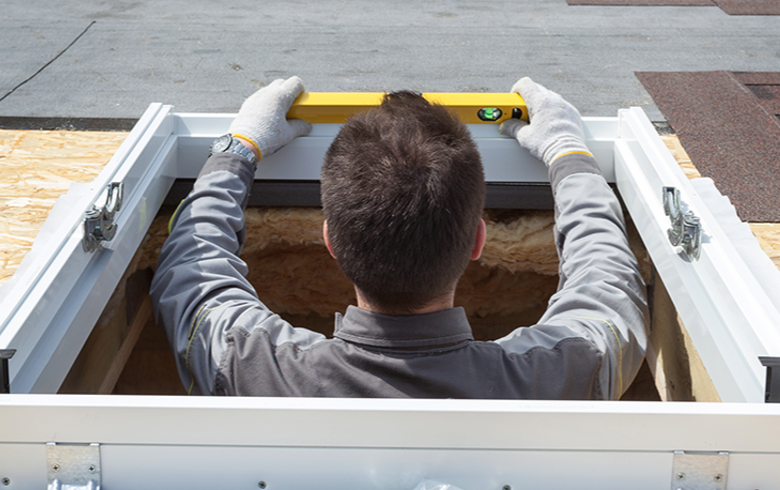It's no secret that the housing market has changed in the past ten years. Now, Millennials, who make up the largest generation in history, are positioned to make an even bigger impact on the industry.
The second youngest generation (Gen Z is the youngest, starting with people born in 2000), Millennials' unique experiences are changing the way homes are bought and sold. As a result, many companies are forced to examine how they do business now and in decades to come.
Who Are Millennials?
The majority of Millennials, those between the ages of 21-40, are coming into their prime spending years. As such, it's important to understand how the unique characteristics of the generation are shaping the way they buy houses.
Already at a record-level size, millennials also have record-level student loan debt. As a result of this and the recent recession, they're getting a late start on typical milestones like getting married, starting families, and buying a home. And while most Millennials desire an urban lifestyle, they're gravitating toward less expensive "urban burb" communities. These are suburban neighborhoods with urban amenities, like public transit, restaurants, and social life variety.
Millennials are known for their 24/7 lifestyle, constantly being on the move, and constantly being connected to the Internet. Social media also plays a big role in the life of Millennials; they place a lot of emphasis on what their friends think and are likely to share big buying decisions on social media sites. On the flip side of that same coin, Millennials have a strong sense of community on a local as well as global scale and will often choose to do business with authentic companies that align with their values.
Millennials & The Future of Home Buying
Millennials stand to make the future of buying a home more experience-oriented. While once focused on functionality, today's homes and neighborhoods will focus more on the buyers' lifestyle. This means an increased emphasis on healthy and green living as well as a rise in bike culture-related amenities. And with 13 million Americans currently working from home, the importance of a home workspace stands to increase as well.
Millennials are technology-driven and will look, as part of the vetting process, for home builders who offer a seamless, personalized online and onsite sales experience. Keeping in mind that social media and videos are huge platforms for this generation, builders who smartly utilize these mediums are more likely to get noticed. One way to do this is with virtual reality, which Cobalt Recruitment says is "set to become an innovative tool for buying and selling property."
The builders with the biggest advantage for future markets are those who understand Millennials' connection with technology, as well as how to use it to effectively communicate everything from company values to the buying experience. This can be done by investing time in sales and marketing strategies to communicate the company's core values.
Despite claims otherwise, Millennials do value homeownership and would rather invest than rent. And because of their unique experiences, you can expect them to research a company's values and choose the one they feel is the most community-oriented and authentic option to build their home.





